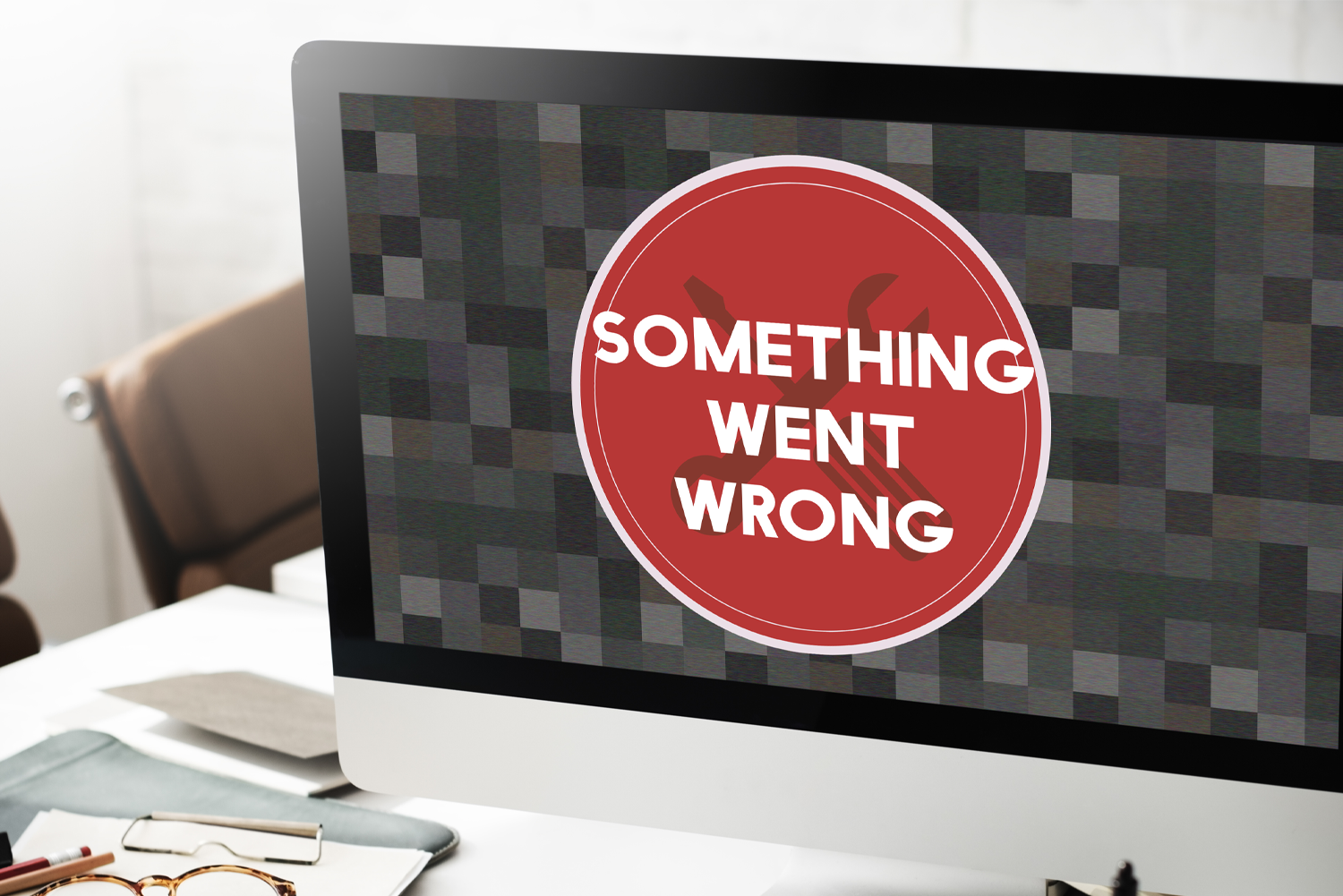
The Content Management System (CMS) that you choose for your site defines many parameters of your site, so you therefore must choose the most appropriate CMS that can fulfill your needs, before you begin work constructing your digital platform. In this blog we’ll outline best practices of choosing (and using) your CMS:
Determine your needs
Before you even begin to look at the various different Content Management Systems that may or may not be suitable, you first must clearly define what your needs are. You can do this by examining the following criteria:
Content Type
What is the nature of your content and how much customisation are you likely to need?
Scalability
How likely are you to require an upgrade in the future, ie; think about future growth and whether or not you need a CMS to be easily scalable.
Integration
Will you require the integration of third-party tools, plugins and apps for the functionality of your new site?
Usability
Have a careful think about who will be using the CMS. Do you need a simple, easy to use platform that inexperienced team members can use?
Tailoring your platform to your specific needs
Flexibility is really important when choosing your CMS. Your main two routes to go down are Open-Source and Proprietary. Each have advantages and drawbacks, so it would be a very good idea to speak to a specialist web development company, such as Web Choice UK, to get their advice and guidance.
Whichever CMS you eventually divide to go for, you’ll need a rock-solid platform that is regularly updated and is robustly supported.
The issue of security
Regular security updates are a must, ensure that your chosen CMS is frequently updated. You should also check that Secure Sockets Layer (SSL) encryption is in place to securely transmit data. If multiple users will be using your CMS you choose a solution that offers a high degree of control over user permissions and access levels.
Site performance
Speed is very important and a slow loading site can send your customers straight to one of your competitors. Today, the search engines effectively downgrade a website in their search engine rankings if they deem it to be slow.
Implementing caching is one way to increase web speed and responsiveness, so ensure your CMS can utilise caching effectively to increase performance and web traffic.
An SEO perspective
Always consider the SEO capabilities of a platform. Look for built-in or plugin-based SEO tools that streamline optimisation such as meta tags, sitemaps, and schema markups. Also select a CMS that allows for full customisation and SEO-friendly URL structuring. Mobile-friendly platforms are a must too.
Backup & support
The best platforms come complete with 24/7 Technical Support and access to round-the-clock technical assistance for help with any site issues. Enquire about guides, tutorials, and forums to help you get the best out of your new CMS.
As you can see, selecting the right CMS is crucial to your online success. Speak to the expert team at Web Choice today for help and advice regarding any aspect of content management systems.
